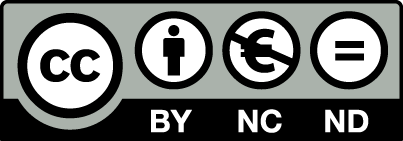Comments on Law Studies and Legal Apprenticeship from the Perspective of Contemporary Market Expectations
Tomasz Braun
Uczelnia Łazarskiego
2018 10 (3) Krytyka Prawa. Niezależne studia nad prawem
DOI 10.7206/kp.2080-1084.236








